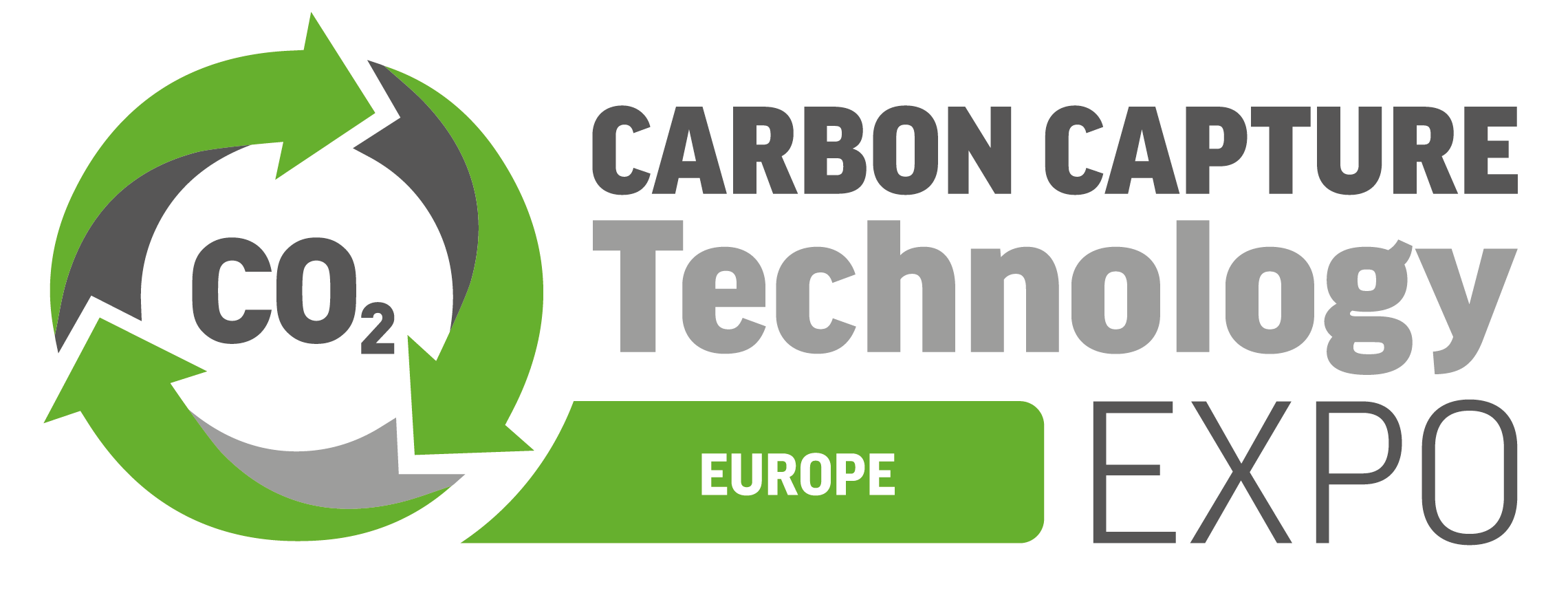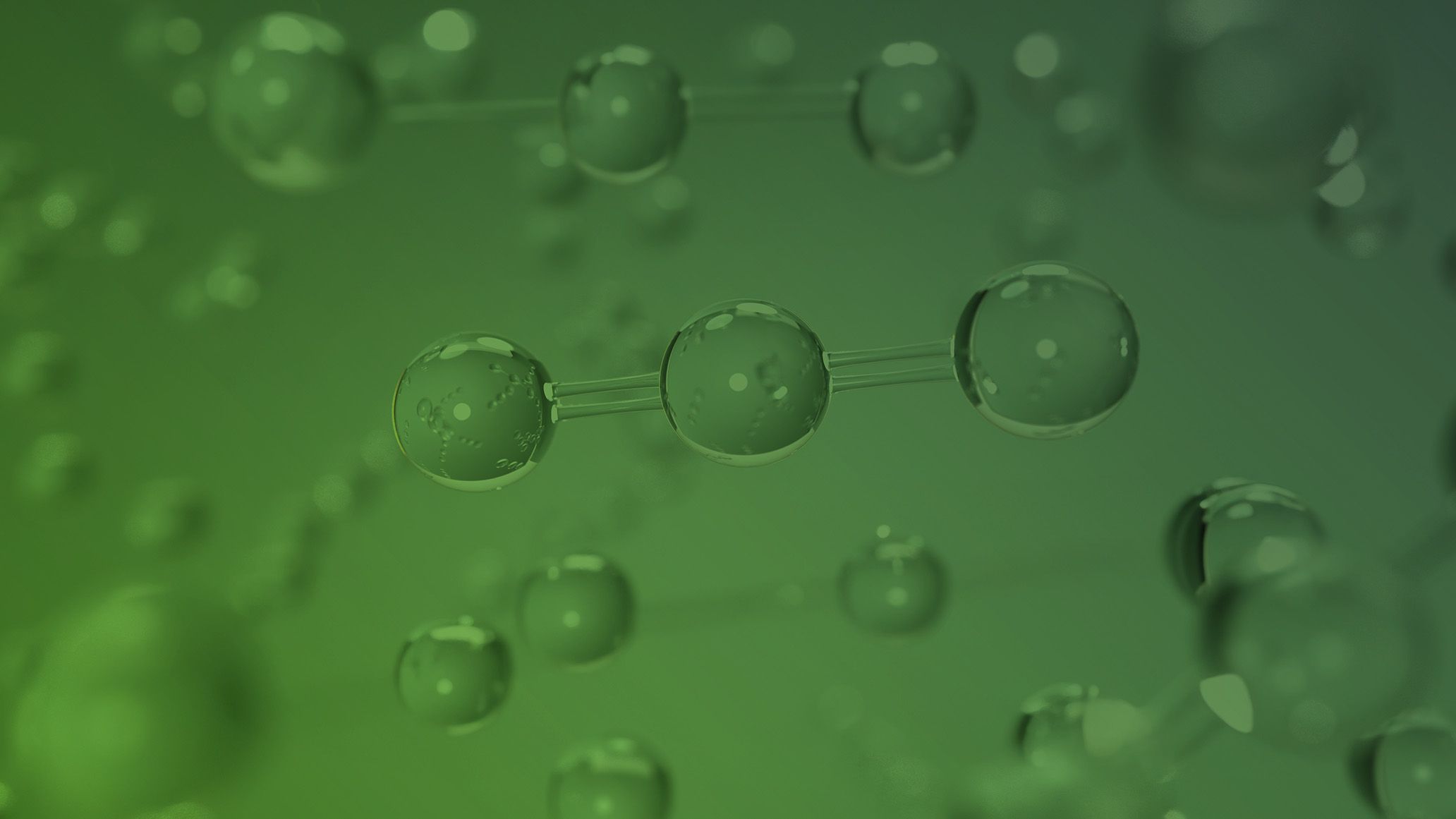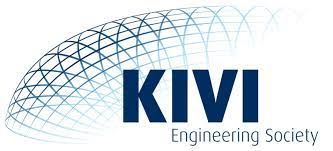NEG8 Carbon has revealed a plan to use AI to benefit its carbon capture technology
)
NEG8 Carbon is an Ireland-based company, which has recently partnered with Walton Institute, with the intention of working towards optimising Direct Air Capture (DAC) technology. The companies plan to do this through the use of AI and machine learning.
The Walton Institute is a company which is well-known and internationally recognised as being the centre of excellence and it is incredibly well-known for its innovative ICT research, as well as its breakthroughs when it comes to real-world applications.
Through the partnership with Walton Institute, NEG8 Carbon will be presented with the ability to focus on a two-year AI project. This time frame will give them the opportunity to use machine learning to monitor and also optimise the conditions for carbon capture. To do this, the project will place its focus on NEG8 Carbon’s technology, which operates through the use of a solid sorbent material which attracts CO2 from the atmosphere. The DAC unit’s efficiency is then influenced by multiple external factors, such as, air temperature, humidity, the condition of the sorbent material and finally, the type, cost and availability of renewable energy.
One of the largest issues with a project like this, is predicting the optimal cycle, as there are many variances and instabilities when it comes to energy market prices. The main purpose for this project with Walton Institute, is for the company to examine optimal carbon capture release and regenerate cycles. The companies plan to do this through using predictive machine learning, which monitors the data on climatic conditions, energy prices and sorbent conditions.
This is where AI comes into the process, as this kind of technology will provide insight into the conditions which are required in order to maximise sorbent material longevity. This machinery is also required when minimising the cost of the sorbent regeneration.
So far, the companies have planned that this AI focused project will take two years and it will begin in Q3 of 2024.
Chief Technology Officer, NEG8 Carbon, Dr John Breen, commented, "To fully realise the potential of machine learning, the system will need to interpret data over time to allow for precise predictions and "what if" functionality integrated into the system. This will give us incredible insight into the most efficient way to remove carbon from the atmosphere using NEG8 Carbon technology."
Head of the Programmable Autonomous Systems (PAS) Division at Walton Institute, Dr Indrakshi Dey, mentioned, “While collaborating with Neg8 Carbon, we aim to harmonise technological advancements in AI with environmental responsibility through decentralised learning and autonomous agent-based optimisation. Partnering with Neg8 Carbon in employing AI-aided monitoring and optimisation of conditions for carbon capture, we commit to a future where technology and sustainability go hand-in-hand.”




)
)
)
)
)
)
)
)
)
)
)
)
)
)
)
)
)
)
)
)
)
)
)
)
)
)
)
)
)
)
)

)
)

)
)
)
)
)
)
)
)
)
)
)


)
)
)
)
)

)
)

)

)
)
)
)
)
)
)
)
)


)
)
)
